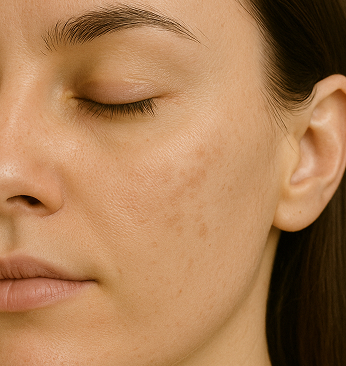Pregnancy is a time of joy and transformation. But it can also bring unexpected changes to your skin. Hormonal shifts, changes in circulation, and physical stretching often affect how your skin looks and feels. While most skin changes are normal and temporary, they can still feel frustrating.
Y'OUR focuses on safe and effective skincare that adapts to your body. Here are five common skin concerns during pregnancy along with natural ways to manage them.
#YOURKINDOFCONFIDENT
Ready to Tackle Pregnancy Acne? Take Our Skin Quiz Now
Don't let pregnancy acne steal your glow! Take Our Skin Quiz today to get personalized skincare recommendations based on your unique skin type and concerns. Our Skin AI ® algorithm and a team of experts will create a customized skincare system that works perfectly for you during pregnancy and beyond. Say goodbye to guesswork and hello to beautiful, radiant skin!








